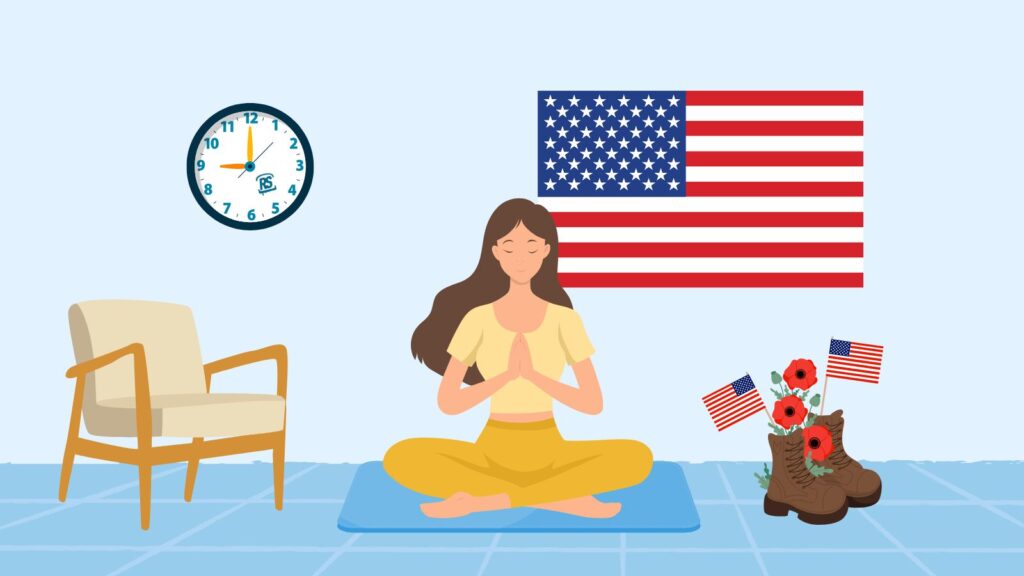Public opinion matters. For decades, the consensus on psychedelics has largely been negative. That trend is rapidly changing, however. Recent psychedelics decriminalization bills in Denver, Oakland, and Santa Cruz are part of a wave of citizen-led efforts forcing American citizens to reconsider the last half-century of politically-driven propaganda against plant medicine and its analogs.
Even Washington, D.C. is changing its tune. A ballot proposal has been put forward to decriminalize any plant or fungus that contains ibogaine, mescaline, or psilocybin. The writers of the bill believe that psychedelics users should not fear prosecution for utilizing natural substances. The proposed initiative makes the intention clear:
It is declared the policy of this act to make investigation and arrest of adults for non-commercial planting, cultivating, purchasing, transporting, distributing, possessing or engaging in practices with, entheogenic plants and fungi among the lowest law enforcement priorities for the District of Columbia.
How About Massachusetts?
With Vermont considering a statewide decriminalization bill, Spence Buell believes it’s time for his state to follow suit. The Boston Magazine staffer writes that the therapeutic potential of psychedelics is too important for society to overlook.
After all, if magic mushrooms have the power to make a significant difference in the lives of people who are suffering, or help people improve their lives by having meaningful experiences while taking the drugs—and there is every indication right now that they do—a path towards legally helping them seems worth pursuing.
Buell does not foresee a profitable recreational market for substances like psilocybin. That is a debatable point. More importantly, there is plenty of investment flowing into clinical trials. The potential for therapeutic mental health treatments is too important to pass up. For that reason, Buell writes that Massachusetts legislators should lead the charge in psychedelics decriminalization.
Taking Cues From Cannabis
Buell writes that longtime marijuana advocates are not as concerned with the psychedelics movement. The recent push has been largely thanks to scientists and researchers. Cannabis and psychedelics share certain similarities, yet their effects on human physiology are quite different. Whether or not psychedelics will ever achieve a similar recreational market remains to be seen. This matters, as legislators are likely to follow potential tax revenue. Cannabis has a proven track record in this regard.
For therapeutic applications, though, states need to reassess their stance on psychedelics. Buell does not want his home state to fall behind the curve. He feels that Massachusetts can be a leader in this field. Nationwide, momentum is building. Which state is the first to make a move remains to be seen.














